News
-
 Health & Medicine
Health & MedicineCases of the new coronavirus hint at the disease’s severity, symptoms and spread
As the coronavirus outbreak continues, estimates suggest that the majority of cases are mild. New research is clarifying how more severe cases progress.
By Aimee Cunningham and Jonathan Lambert -
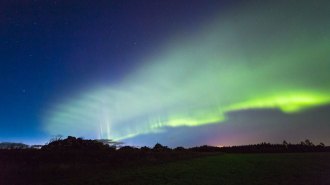 Earth
EarthHere are 5 of the weirdest auroras, including the newly spotted ‘dunes’
A newfound type of aurora dubbed the “dunes” joins the ranks of black auroras, STEVE and other obscure auroral phenomena.
-
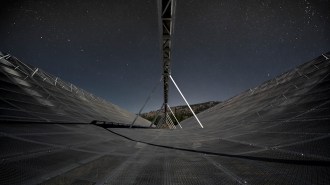 Space
SpaceThis is the first fast radio burst known to have a steady beat
Brief blasts of radio energy from other galaxies keep stumping astronomers, but one seems to be on a 16-day cycle, a new clue in an ongoing puzzle.
-
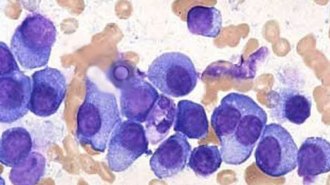 Health & Medicine
Health & MedicineCRISPR-edited immune cells for fighting cancer passed a safety test
Immune cells engineered with CRISPR to fight cancer made some errors, but caused no serious side effects in participants of a small clinical trial.
-
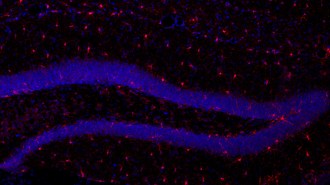 Neuroscience
NeuroscienceBrain cells called microglia eat away mice’s memories
Immune cells that eliminate connections between nerve cells may be one way that the brain forgets.
-
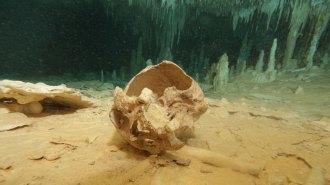 Archaeology
ArchaeologyAn ancient skeleton from an underwater Mexican cave sheds light on early Americans
A nearly 10,000-year-old skeleton discovered in a submerged Mexican cave provides more clues to how and when people settled the Americas.
-
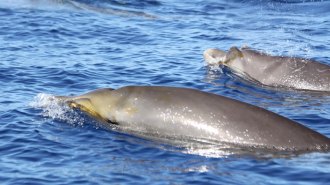 Animals
AnimalsBeaked whales may evade killer whales by silently diving in sync
To slip past predators, beaked whales appear to synchronize their deep dives, staying silent while not hunting and ascending far from where they dove.
-
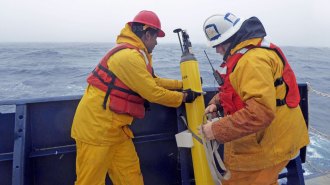 Climate
ClimateClimate change may be speeding up ocean circulation
Circulation in the top 2,000 meters of the world’s oceans has increased as a result of faster winds around the globe, a study suggests.
-
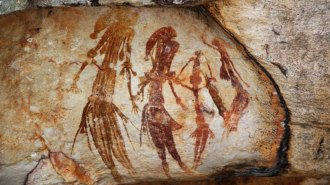 Archaeology
ArchaeologyWasp nests provide the key to dating 12,000-year-old Aboriginal rock art
Dating wasp nest remnants found beneath and atop painted rock art in Australia suggests the pictures were made some 5,000 years later than thought.
By Bruce Bower -
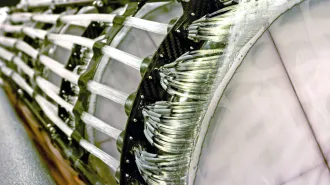 Physics
PhysicsA barrier to colliding particles called muons has been smashed
Future particle accelerators could slam muons together to reach higher energies than any before.
-
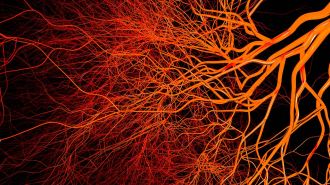 Neuroscience
NeuroscienceInjecting nanoparticles in the blood curbed brain swelling in mice
Nanoparticles divert inflammation-causing cells away from the brain after a head injury, a mouse study shows.
-
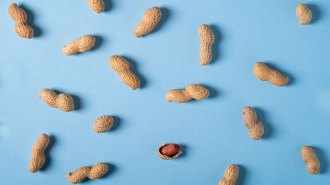 Health & Medicine
Health & MedicineThe FDA has approved the first drug to treat peanut allergies
The drug, called Palforzia, may reduce the dangers of unintentional exposure to peanuts for allergic children.